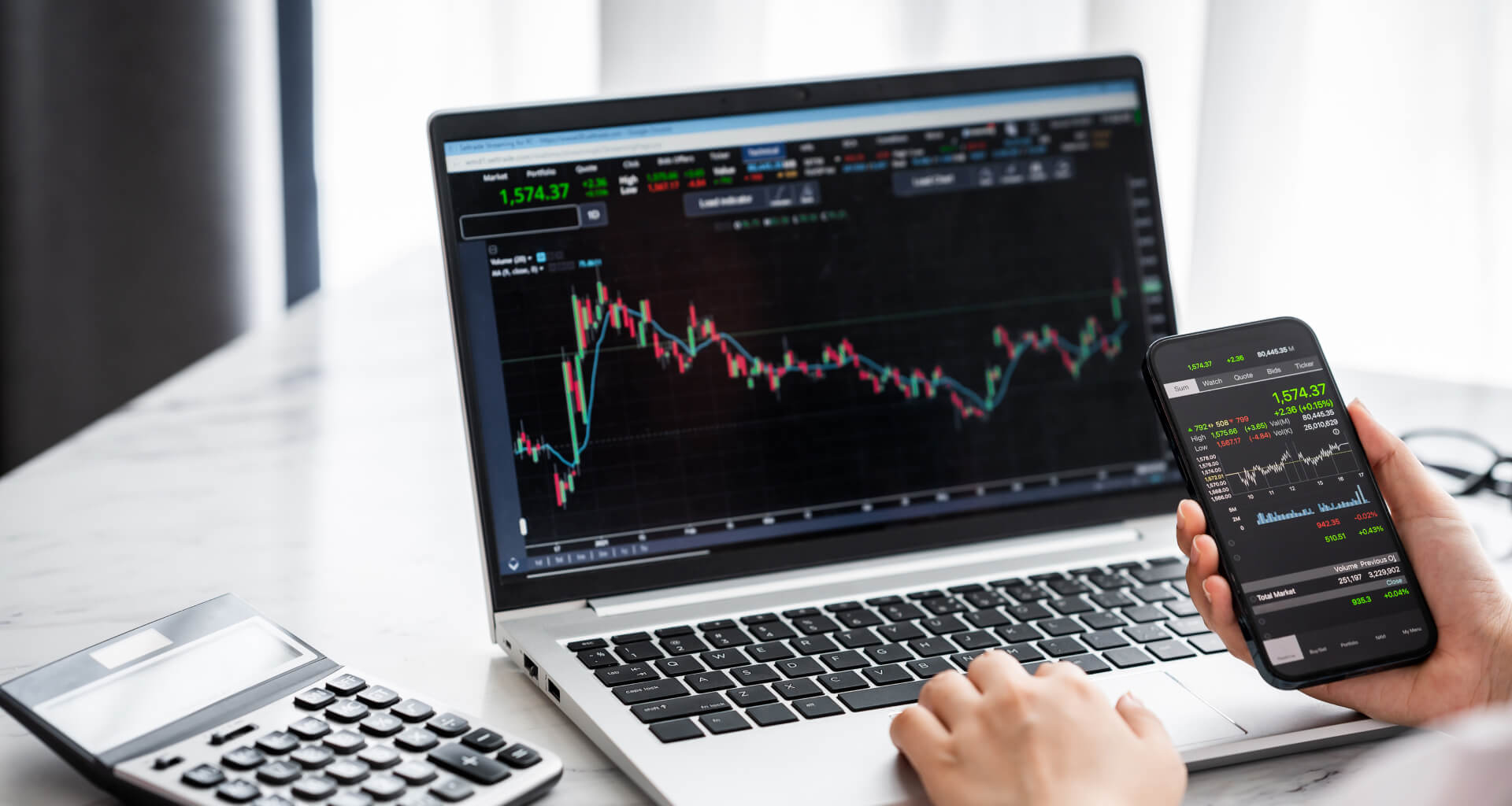Pulse of Information
Your source for the latest insights and updates.
Forex Fables: Tales of Triumph and Tragedy in Currency Markets
Discover gripping stories of triumph and tragedy in the currency markets. Dive into Forex Fables and unlock the secrets of trading success!
The Rise and Fall of Currency Trading: Lessons from Historical Events
The world of currency trading has witnessed dramatic shifts through various historical events, leading to significant lessons for traders and investors alike. One notable instance is the infamous Black Wednesday in 1992, when the British pound was forced out of the European Exchange Rate Mechanism. This event not only resulted in massive losses for the Bank of England but also showcased the vulnerabilities of pegged currencies. Understanding the fundamentals of currency stability and the impact of geopolitical events is crucial for anyone participating in the trading market.
Another pivotal event was the collapse of the Bretton Woods system in the early 1970s, which transitioned currency trading from fixed to floating exchange rates. This shift introduced greater volatility and risk, emphasizing the need for risk management strategies among traders. Historical events like these underline that adaptability and continuous education are essential in the ever-evolving landscape of currency trading, enabling traders to navigate both the peaks and valleys of the market effectively.

What Can We Learn from Forex Trading Success Stories?
Forex trading is not just about numbers and charts; it embodies the stories of countless individuals who have transformed their lives through success in this dynamic market. Success stories from forex traders can teach aspiring investors invaluable lessons in discipline, strategy, and emotional management. Many successful traders emphasize the importance of planning and sticking to a devised strategy. They often highlight a few critical points, such as:
- Creating a trading plan
- Maintaining a consistent approach
- Learning from failures
Moreover, these success stories reveal the significance of continuous learning. The forex market is ever-evolving, and those who excel at trading share a commitment to staying informed about market trends, economic indicators, and global events. They showcase the value of mentorship and community support in refining trading techniques. Ultimately, by exploring the journeys of successful forex traders, one can uncover key strategies and mental frameworks that contribute to consistent profitability in trading.
How Do Economic Indicators Influence Currency Market Dynamics?
The currency market, also known as the Forex market, is heavily influenced by various economic indicators that serve as benchmarks for the health of a country's economy. Key indicators such as gross domestic product (GDP), unemployment rates, and consumer price index (CPI) provide traders with insights into economic performance. For instance, when a country's GDP shows strong growth, it often leads to increased investor confidence and a rise in the value of its currency. On the other hand, negative indicators can lead to depreciation as traders anticipate lower economic performance and potential recession.
Moreover, economic indicators play a crucial role in shaping monetary policy decisions made by central banks. For example, if inflation rates rise significantly, central banks may respond by increasing interest rates, which can bolster the currency's strength as higher rates attract foreign investments. Conversely, if economic indicators suggest a slow economy, central banks might lower interest rates to stimulate growth, causing the currency to weaken. This interplay between economic data and currency values highlights the importance of closely monitoring these indicators to navigate the complexities of the currency market dynamics.